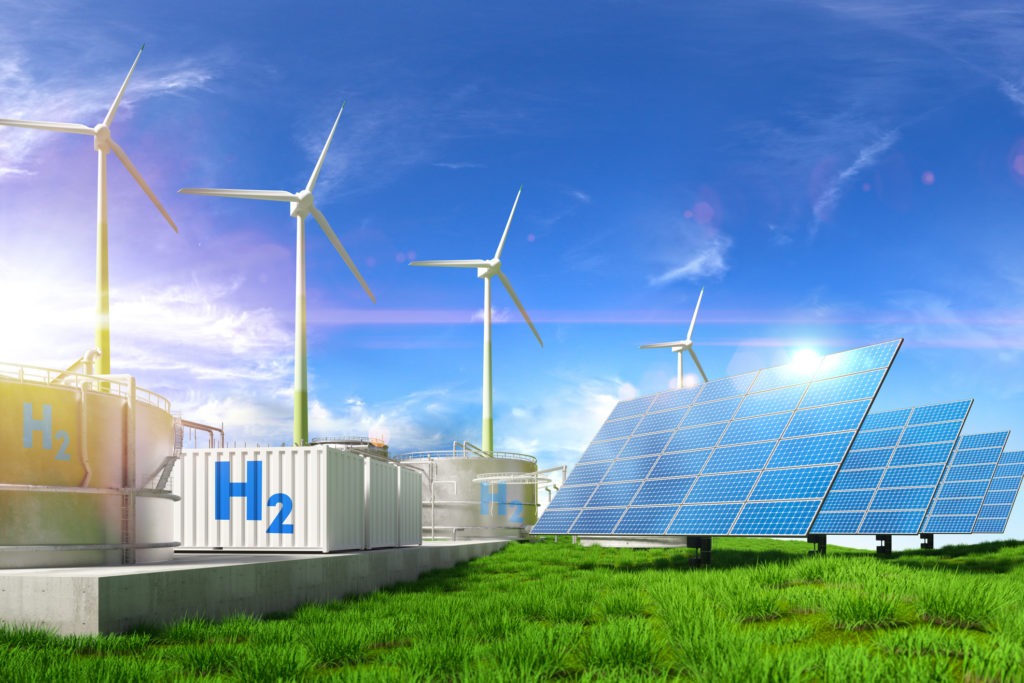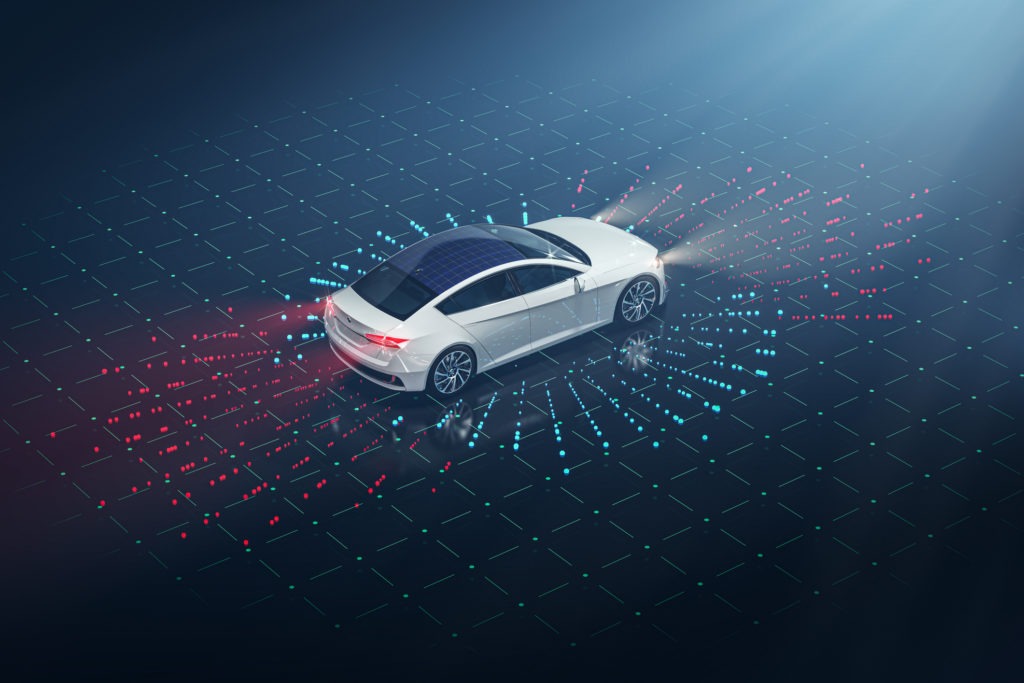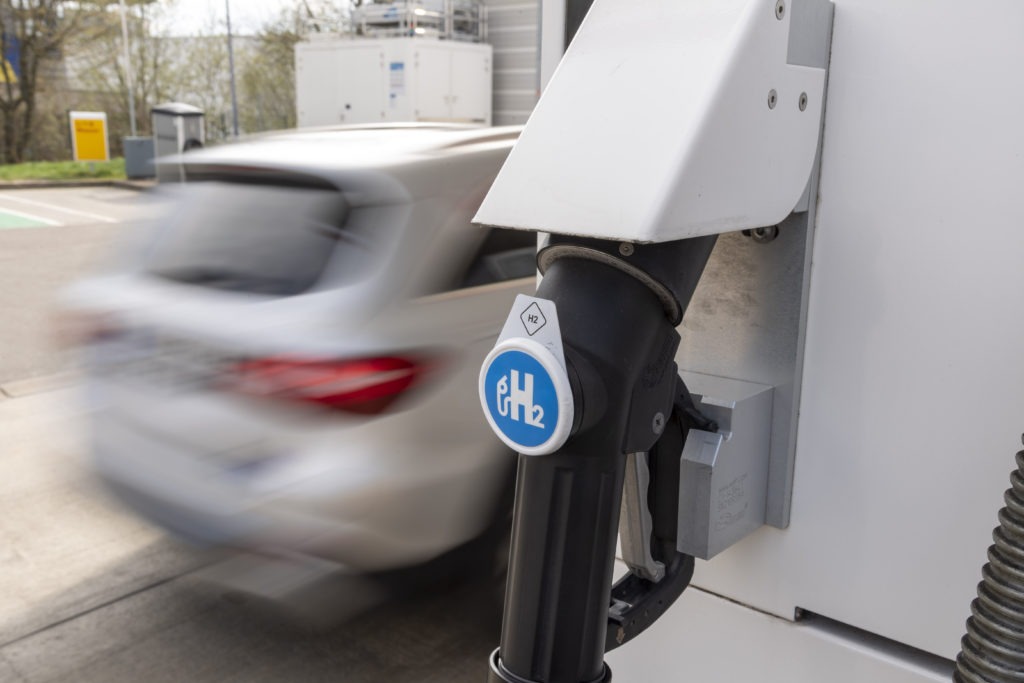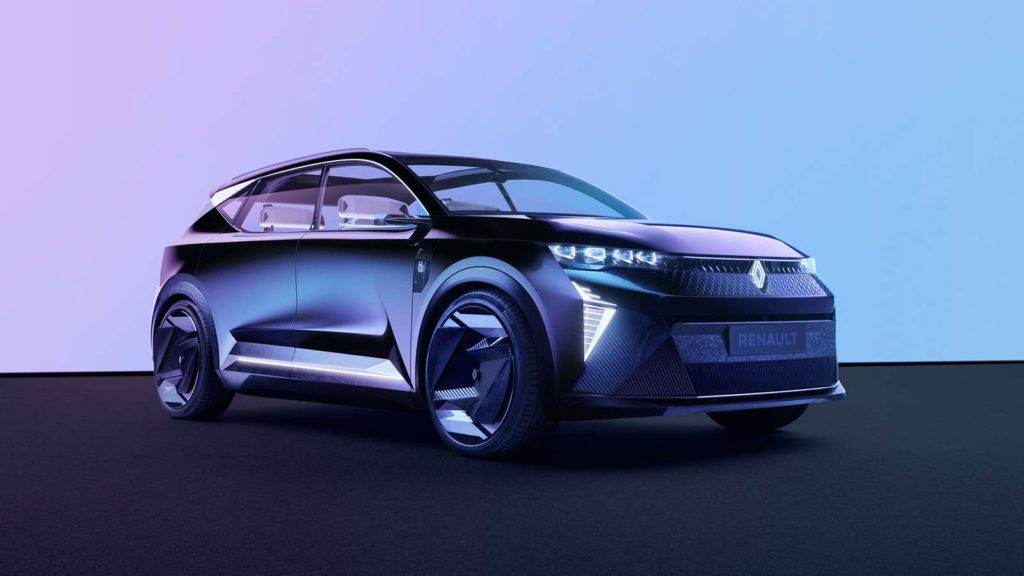Can e-fuels save the internal-combustion engine?
20 July 2022
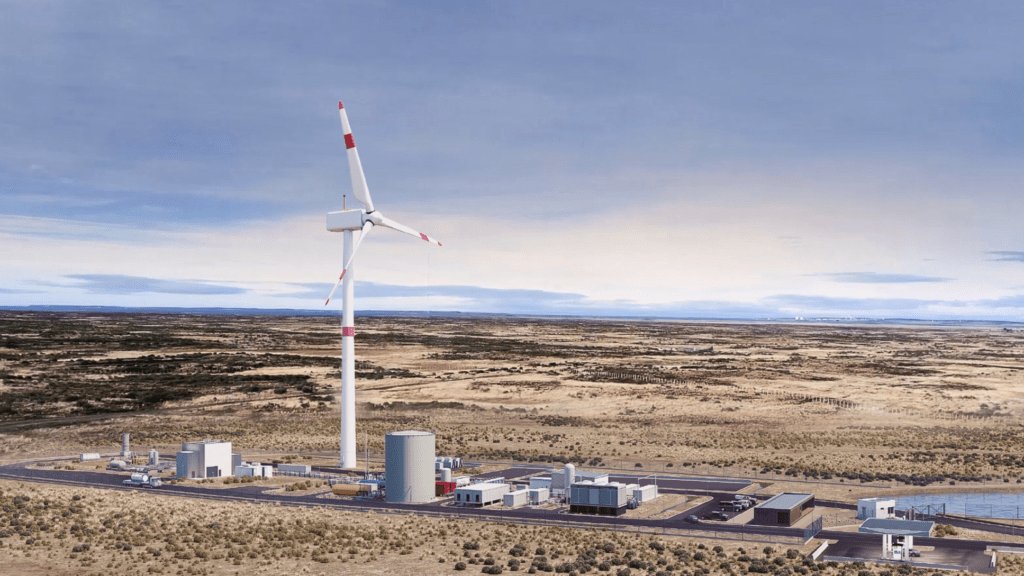
E-fuels are being touted as a carbon-neutral alternative that some hope could keep internal-combustion engine (ICE) cars on the roads despite a looming ban, writes Autovista24 journalist Rebeka Shaid.
Do we want to save the planet or the internal-combustion engine? That question might sound provocative, but policies around transportation and mobility have centred on the environmental impact of diesel and petrol cars for years.
Fully-electric vehicles are seen as the solution as they have no tailpipe emissions. Still, ICE cars will not disappear from the roads in Europe any time soon, despite the EU planning to phase out the sale of new fossil-fuel-powered vehicles by 2035. This is where e-fuels come in – combustibles that have found both fans and critics.
What are e-fuels?
Simply put, e-fuels are synthetic fuels with their production based on hydrogen and CO2. Labelled as climate-neutral, these fuels use carbon dioxide from the atmosphere and can, ideally, be produced using renewable energy resources.
Proponents, including automotive associations and some carmakers, argue e-fuels can relieve the climate of CO2 and may replace conventional fuels altogether. E-fuels also have a high energy density, are easy to store, and can be distributed by an already existing network of petrol stations.
Advocates tend to pitch synthetic fuels as a sustainable way to transform the transport sector. The eFuel alliance, whose members include numerous automotive suppliers such as Bosch, Mahle, and ZF, told Autovista24: ‘We strongly believe that the climate targets cannot be achieved without e-fuels. E-fuels are climate friendly, contrary to what critics claim. To produce e-fuels, CO2 is used from the air and liquefied using water and renewable energy.’
Mazda was the first carmaker to join the alliance, arguing that CO2-neutral fuels could contribute to automotive manufacturers’ emissions reduction efforts. With the EU reviewing carbon emissions standards for cars and vans, e-fuels have once again become a hotly debated topic.
Opinions are split
In Germany, transport minister Volker Wissing recently emphasised that new ICE cars should still be relevant beyond 2035 if they can be topped up with e-fuels. This opinion has caused a rift, not only among politicians but also among carmakers.
Volvo Cars is leaving the European Automobile Manufacturers’ Association (ACEA) because its sustainability strategy does not match ACEA’s. The powerful lobbying group supports the use of what it calls CO2-neutral fuels while the Swedish car manufacturer is betting on an all-electric future.
Others are not jumping ship despite considering the future of mobility to be broadly electric. Mercedes-Benz told Autovista24 that while it is preparing to go fully-electric by 2030 where market conditions allow, it was: ‘intensively involved in ACEA’s positioning on the EU Commission’s “Fit for 55” legislative initiative.’ The manufacturer added it was ‘continuously committed to a more progressive positioning of ACEA on the way to climate-neutral mobility.’
Meanwhile, German rival BMW wants to keep its options open. The group’s CEO Oliver Zipse is backing the use of e-fuels as opinions on them remain divided – even within the same company.
The head of Volkswagen (VW) Group, Herbert Diess, told a German media outlet that the efficiency of synthetic fuels was extremely poor. He also questioned the cost effectiveness and high-energy consumption required to produce them.
VW subsidiary Audi once seemed convinced by e-fuels but appears to have changed tack, saying synthetic fuels are not the future. But Porsche, which has been part of VW Group for more than a decade, is still heavily investing in the synthetic fuel. The sportscar maker has teamed up with Siemens Energy and other companies to build an industrial plant in Chile, which will be dedicated to the production of an ‘almost carbon-neutral e-fuel.’
Porsche plans for 80% of its sales to be made up electric vehicles (EVs) by 2030. The company told Autovista24: ‘Climate protection must be considered holistically. Synthetic fuels are a useful addition to electromobility to make a contribution to CO2 reduction. We must also offer the owners of existing vehicles a perspective. Compared to pure hydrogen, e-fuels made from water and carbon dioxide extracted from the air for automobiles, airplanes or ships have the advantage that they can be transported more easily.’
While Germany’s carmakers are following different approaches, the country’s powerful association of the automotive industry (VDA) is in favour of synthetic fuels. ‘E-fuels could become a permanent fixture in transport in the future and make an important contribution to climate protection,’ it states.
Is carbon-neutrality enough?
After a key meeting among environment ministers last month to debate the phase-out of ICE cars in Europe, the EU has now left a door open for carbon-neutral fuels. In other words: synthetic fuels could be used past the 2035 deadline.
A spokesperson for the European Council told Autovista24 that the agreement: ‘includes a recital, giving the possibility to the Commission to make a new proposal to allow the use of CO2-neutral fuels beyond 2035.’
Supporters of e-fuels want to keep the internal-combustion engine alive. After all, synthetic fuels could not only continue to power ordinary passenger cars, but also hyper- and sportscars, with Porsche planning to use synthetic fuels in motorsports. But this approach does not come without criticism.
Synthetic fuels will likely be considered in sectors where electrification is currently not plausible, but critics warn that the automotive use of e-fuels would send the wrong signal to car manufacturers and consumers. They suggest that using synthetic fuels in the long term would do more harm than good and delay the transformation to electromobility.
The shortcomings
There are clear downsides to e-fuels, as campaigners point out that these fuels still emit pollutants. Energy loss is also an issue as the efficiency of e-fuels is lower compared to battery-electric vehicles (BEVs). Energy gets lost when converting electricity into synthetic fuel, giving these combustibles an efficiency of around 15%.
To make e-fuels carbon neutral, renewable energy has to be used. This would mean depending on countries that have the capacity to produce enough green electricity. Additionally, producing e-fuels is expensive and consumers are going to feel those costs.
‘The production cost of the amount of e-fuels required for driving a combustion engine car 100km is nearly 10 times the production cost of the amount of renewable electricity for driving a battery-electric car the same distance,’ according to the International Council on Clean Transportation (ICCT).

The eFuel alliance is rejecting critics and told Autovista24: ‘The biggest criticism levelled against e-fuels is the apparent inefficiency, because a lot of renewable electricity is needed to produce e-fuels. However, this argument can be invalidated if we think globally. E-fuels can be produced worldwide in places with abundant sun and wind and transported via the existing infrastructure.’
So, will e-fuels be able to save the combustion engine? The German Climate Alliance told Autovista24 that synthetic fuels would, at most, be a niche in the future.
‘E-fuels are not yet available in significant quantities, are inefficient and very expensive. The best alternative – it is cheap, efficient and can already be implemented today – is called electrification. E-fuels only make a contribution to climate protection if it can be guaranteed that they are actually produced exclusively with renewable electricity and are only used where there are no better alternatives. This is not the case on the road.’
Synthetic fuels may provide a lifeline for companies that have their business models threatened as the industry switches to electric. These fuels could potentially have their merits under the condition that their production relies solely on renewable energy. They would also need to be accessible and economical. But even if these criteria are met, it does not mean e-fuels are good for the environment. Realistically, they might only be used as a bridging technology.
